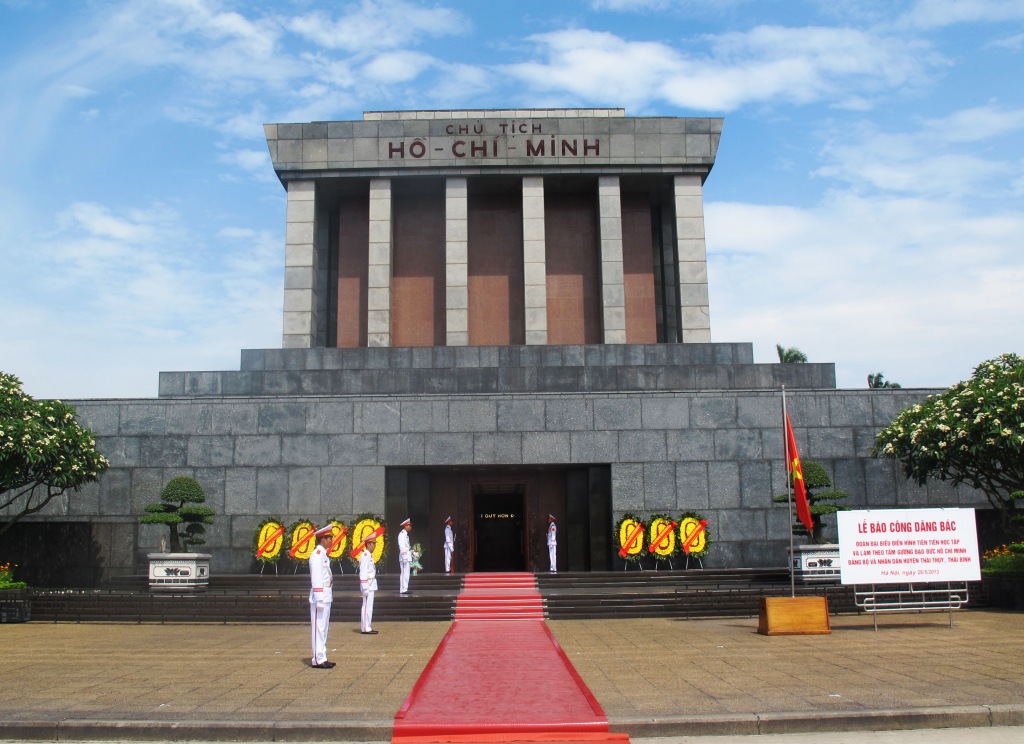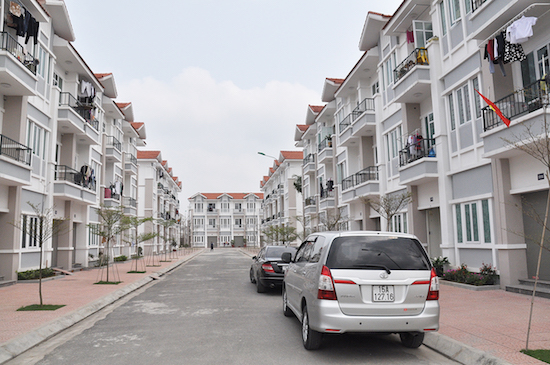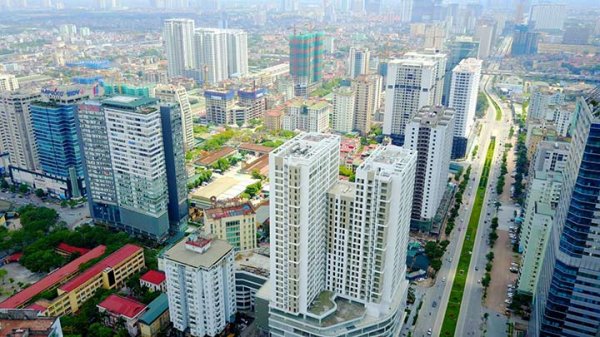Financial policies and mechanism of Vietnam’s capital
The Law on the Capital 2012 of Vietnam stipulates that the capital may raise domestic investment capital by issuing municipal bonds, from voluntary contributions from organizations and individuals, and other methods of capital raising as prescribed by law.
According to the Law on the Capital 2012 of Vietnam, the budget expenditure estimate of the capital is determined based on the higher budget allocation than that of other central-affiliated cities and provinces, applicable to the stable period from 03 to 05 years.
The capital may use the budget revenues that exceed the estimate, except for the following amounts:
- The revenues from the VAT on imports;
- The differences between the receipts and expenses of the State bank;
- The revenues that are not collected by the capital, do not arise in the capital, but are recorded and paid in the capital.
For some important large-scale constructions and projects relevant to the environment, traffic, and irrigation managed by Hanoi city that exceed the ability to balance the municipal budget, the Government shall request the National Assembly to decide the support for the capital’s budget from the central budget in order to execute such projects.
The People’s Councils and People’s Committees at all levels in Hanoi shall use the allocated budget properly and efficiently when executing the programs and projects of building and developing the capital.
Legal bases: Law on the Capital 2012 of Vietnam, Decree No. 63/2017/NĐ-CP of Vietnam’s Government.
- Key word:
- Law on the Capital 2012
- Number of deputy directors of departments in Vietnam in accordance with Decree 45/2025/ND-CP
- Cases ineligible for pardon in Vietnam in 2025
- Decree 50/2025 amending Decree 151/2017 on the management of public assets in Vietnam
- Circular 07/2025 amending Circular 02/2022 on the Law on Environmental Protection in Vietnam
- Adjustment to the organizational structure of the Ministry of Health of Vietnam: Certain agencies are no longer listed in the organizational structure
- Vietnam aims to welcome 22-23 million international tourists in Vietnam in 2025
-

- Vietnam: Regulations on the land in the capital
- 14:55, 10/09/2015
-

- Law on the Capital 2012 of Vietnam: The capital ...
- 15:00, 10/09/2014
-

- Regulations on the development and management ...
- 15:20, 10/09/2013
-
- Vietnam’s Law on the Capital 2012: Cases in which ...
- 11:08, 16/07/2013
-

- Law on the Capital: What are additional conditions ...
- 11:10, 22/11/2012
-

- Notable new policies of Vietnam effective as of ...
- 16:26, 11/04/2025
-
.Medium.png)
- Notable documents of Vietnam in the previous week ...
- 16:21, 11/04/2025
-
.Medium.png)
- Notable documents of Vietnam in the previous week ...
- 16:11, 02/04/2025
-
.Medium.png)
- Notable new policies of Vietnam to be effective ...
- 16:04, 02/04/2025
-
.Medium.png)
- Notable new policies of Vietnam effective from ...
- 14:51, 21/03/2025

 Article table of contents
Article table of contents

